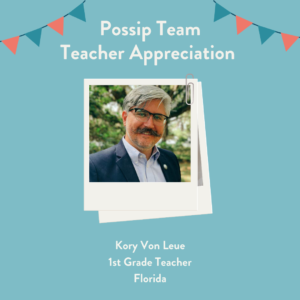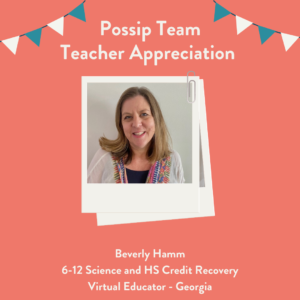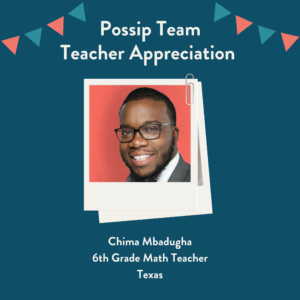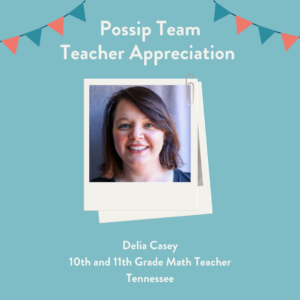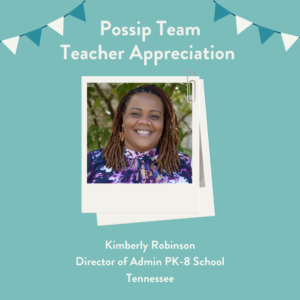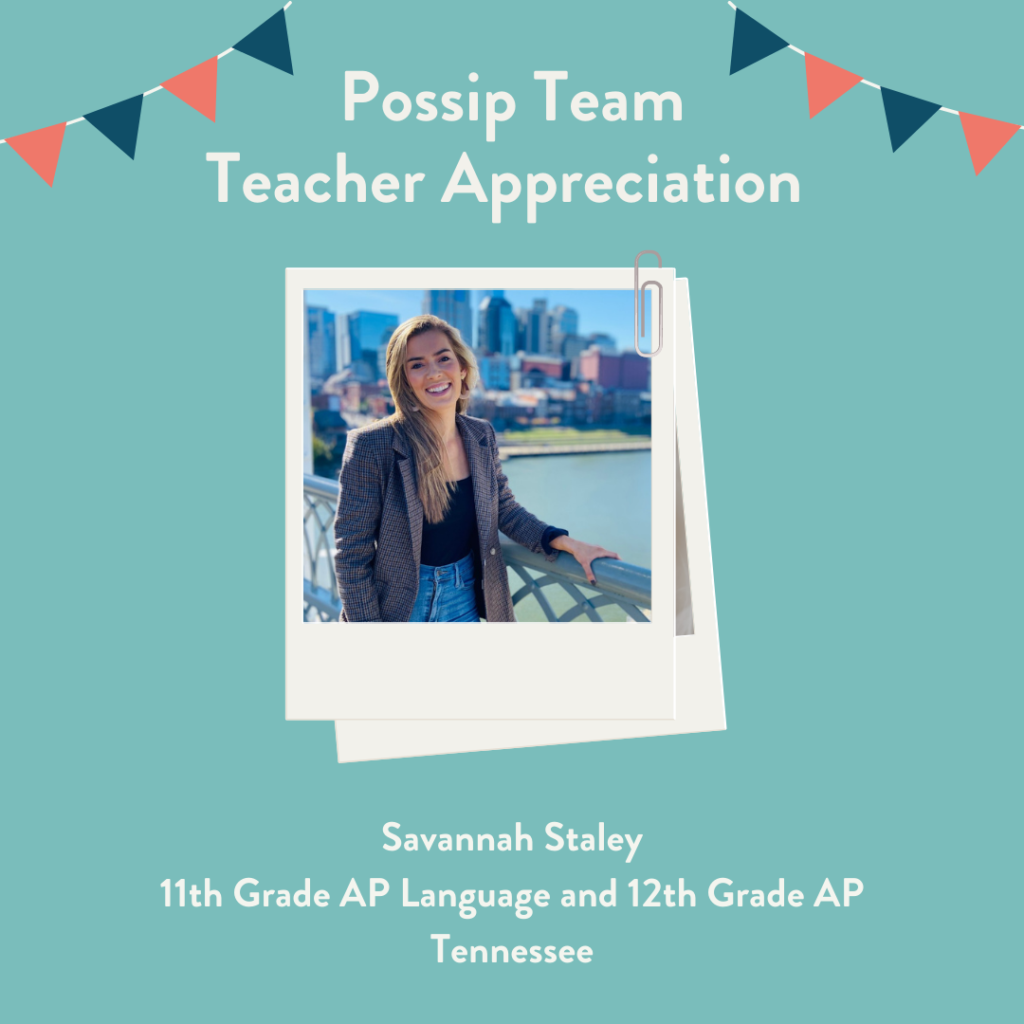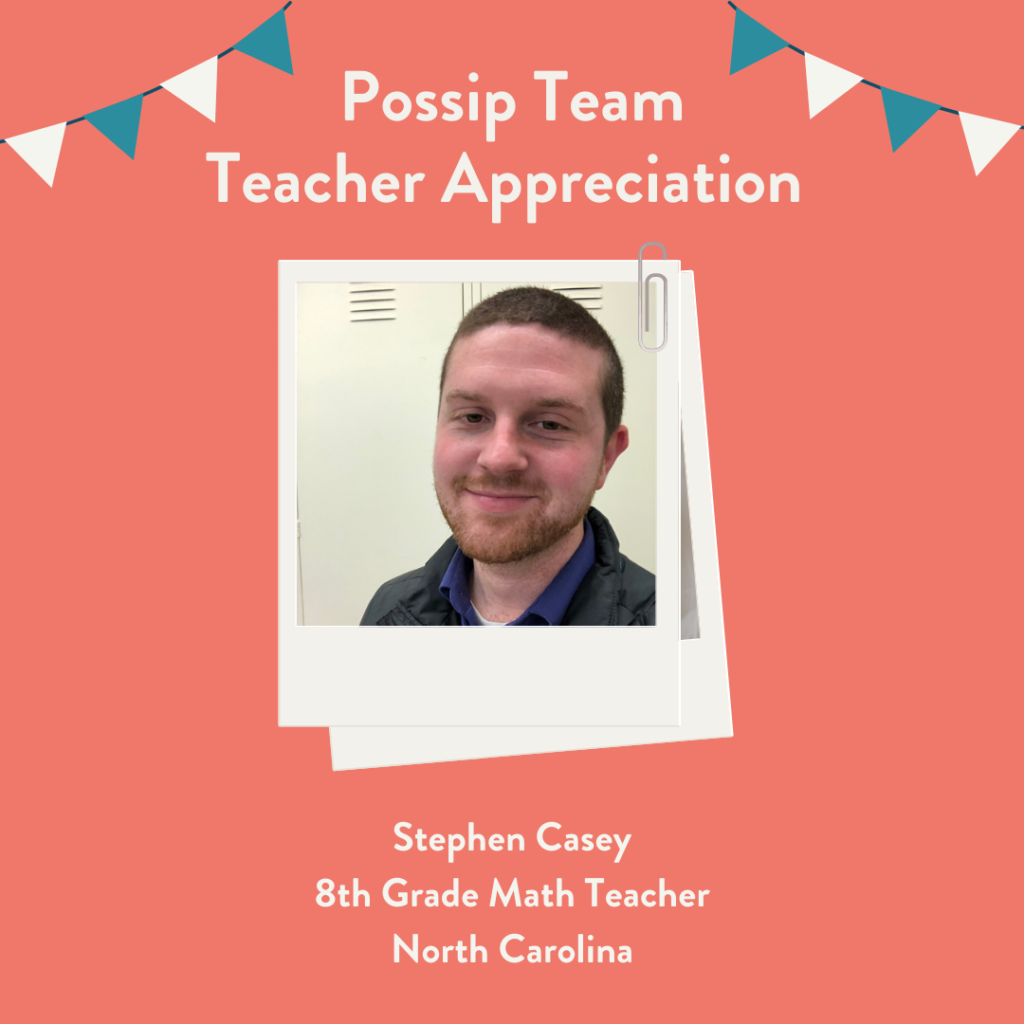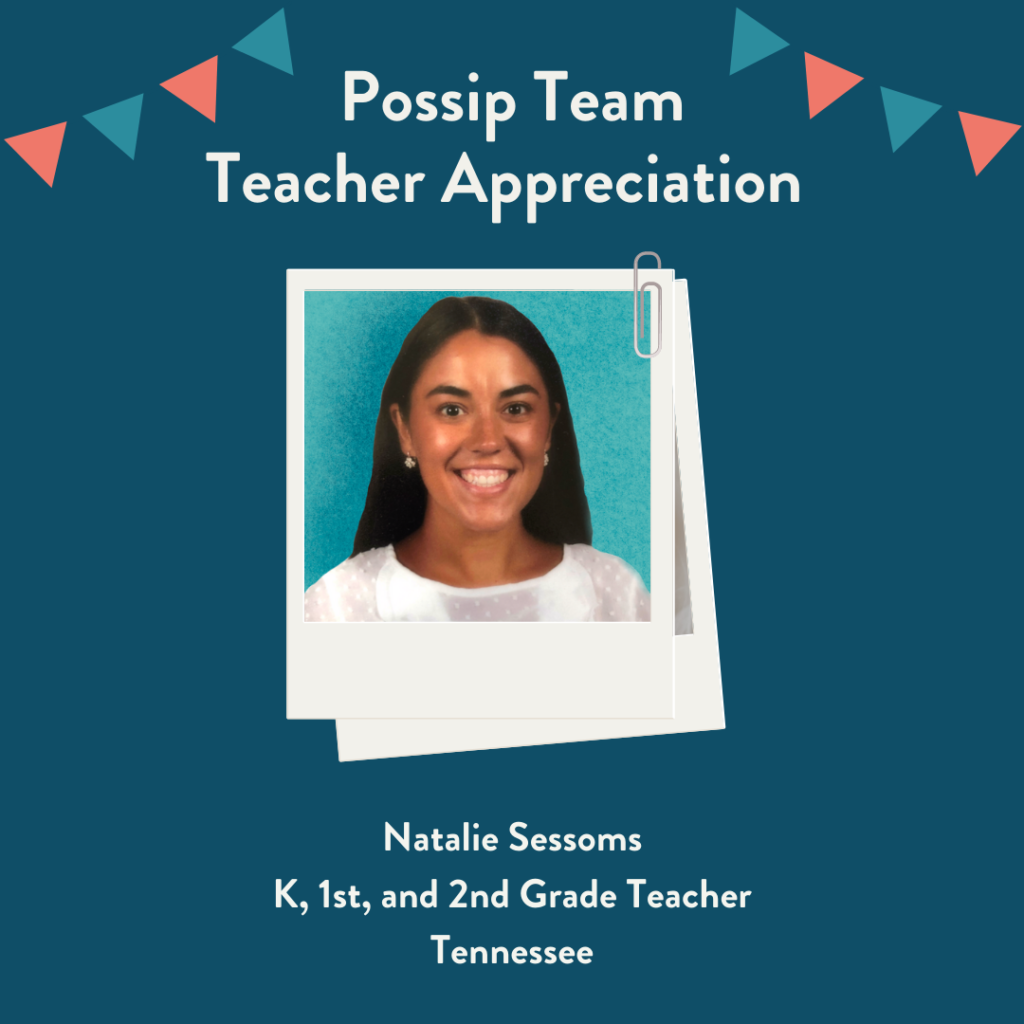The Importance of Summer Reading
Colorado mom and Possip team member Sara Peters shares why summer reading matters.
You may have heard of the “Summer Slide” — the tendency for students, to lose some of the achievement gains they made during the previous school year. Educators and researchers are torn about whether or not the Summer Slide is in fact “real”. Either way, it’s good to keep kids learning, safe, and healthy over the summer. Summer reading helps! In fact, the simple act of reading is so powerful. According to a study by the Colorado Department of Education:
- Access to books is critical. The public library is an excellent free resource for families to have access to books of a wide range of interests and reading levels, as well as librarians to guide children and families in selecting great books. Not sure where your closest library is? Check here!
- When children select reading materials themselves and read for enjoyment, they receive the most gains in reading achievement, including better reading comprehension, writing style, vocabulary, spelling, and grammatical development. Also, the longer that this free voluntary reading is practiced,
the more consistent and positive the results - Reading just 4 to 6 books over the summer has the potential to prevent a decline in reading achievement scores from the spring to the fall, so even small steps are very beneficial
- Parents, caregivers, and other adults can help stem summer slide by reading themselves, as children that see adults in their lives reading often tend to read more themselves
In the spirit of children choosing their own books, we asked all the kids in our lives (sons, daughters, friends, nieces, nephews, neighbors and students!) for their Book Recommendations.
Possip Kid Picks:
Preschool (Ages 2-5)
- The Dot, by Peter H. Reynolds
- Shady Baby, Gabrielle Union-Wade & Dwayne Wade Jr.
- I Broke My Bum!, Dawn McMillan
- The Serious Goose, Jimmy Kimmel
- Elephant & Piggie Series, Mo Willems
- Press Here, Hervé Tullet
- The Day the Crayons Quit, Drew Daywalt
Early Elementary (Ages 6-9)
- Dragon Masters Series, Tracey West
- Dog Man Series, Dav Pilkey
- Max Crumbly Locker Hero, Rachel Renee Russell
- Diary of a Wimpy Kid, Jeff Kinney
- Captain Underpants, Dav Pilkey
- Boxcar Children series, Gertrude Chandler Warner
- Ranger in Time, Kate Messner
- Kid Lawyer, John Grisham
- The Jumbies, Tracey Baptiste
- The Secret Garden, Frances Hodgson Burnett
- The Star Friends series, Linda Chapman
- Magic Tree House series, Mary Pope Osborne
- Flora and Ulysses, Kate DiCamillo
Upper Elementary (Ages 10+)
- The Candy Shop Wars, Brandon Mull
- Diary of a 6th grade ninja, Geronimo Stilton
- The Insignificant Events in the Life of a Cactus, Dusti Bowling
- It’s Trevor Noah (YA Edition)
- Becoming, Michelle Obama (YA Edition)
- Fish in a Tree, Lynda Mullaly Hunt
- Front Desk, Kelly Yang
- The War That Saved My Life, Kimberly Brubaker Bradley
- Babysitter’s Club, Ann M. Martin
- Percy Jackson and the Lighting Thief, Rick Riordan
- Harry Potter Series, J. K. Rowling
- City Spies, James Ponti
- Land of Stories Series, Chris Colfer
Middle School (Age 13+)
- Bananafish, Akimi Yoshida
- Out of my mind, Sharon M. Draper
- Skink, Carl Hiassen
- The Inheritance Cycle series, Christopher Paolini
- Six of Crows, Leigh Bardugo
- The Shadow and Bone Triology, Leigh Bardugo,
- Arc of a Scythe series, Neal Shusterman
- Children of Blood and Bone, Tomi Adeyemi
- Red Queen, Victoria Aveyard
- Keeper of the Lost Cities, Shannon Messenger
- Looking for Alaska, John Green
- The Perks of Being a Wallflower, Stephen Chbosky
- Five Feet Apart by Mikki Daughtry, Rachael Lippincott and Tobias Iaconis
- The Only Black Girls in Town, Brandy Colbert
Happy Summer Reading!! For other ideas of things you can do with your kids, check out our blog posts here: https://possip.com/category/parents/
Team Possip Kids
The post Why Summer Reading Matters appeared first on Possip | Parent Engagement Platform | School Feedback App.
